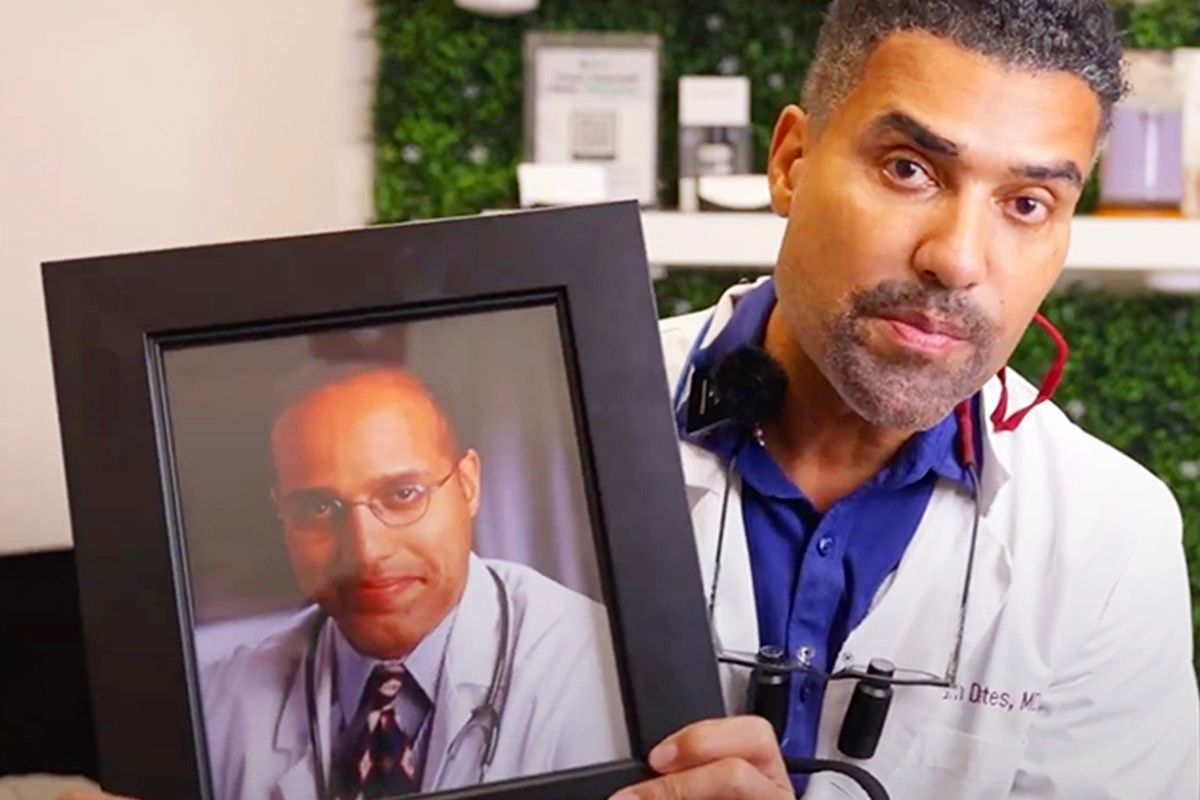



Are you on the hunt for affordable hair transplant clinics near you? If yes, then you're on the right track. This essential guide will shed light on the procedures that take place in these clinics and how they can help regain your lost confidence. Let's talk about hair transplantation and what you should expect during the procedure.
The Basics of Hair Transplantation
The process of hair transplantation is a medical intervention that transfers hair follicles from a region of the body, referred to as the 'donor site,' to an area experiencing baldness or hair thinning, identified as the 'recipient site.' While this method is predominantly used to address male pattern baldness, it also proves beneficial for women undergoing hair loss.
The procedure has been around since the 1950s, but techniques have significantly improved over the years. Today, there are two primary methods used: Follicular Unit Transplantation (FUT) and Follicular Unit Extraction (FUE). Both are performed under local anesthesia and offer impressive results, with natural-looking and permanent hair growth.
Choosing between these two methods depends on various factors, including your hair loss pattern, the size of the area that needs to be covered, your personal preferences, and, most importantly, professional advice from the clinic. When you're searching for affordable hair transplant clinics near me, remember to discuss these factors thoroughly during your consultation.
Preparation for the Procedure
Before undergoing a hair transplant procedure, there are certain preparatory steps that you need to take. These include:
The Procedure Itself
On the day of your treatment, the specialist will sterilize your scalp and use a tiny needle to apply local anesthesia to a specific region of your head. Following this, the selected hair transplant technique, either FUT or FUE, is carried out. Post grafting, the scalp is meticulously cleaned and wrapped with a dressing or bandage. The length of the procedure can fluctuate based on the count of grafts being transplanted.
Keep in mind that the objective is to locate cost-effective hair transplant clinics in your vicinity, ensuring quality and reliable services.
After the Procedure
The recovery process following a hair transplant procedure is typically straightforward and uncomplicated. A mild pain medication may be prescribed by your surgeon to manage any discomfort. It's normal to notice some hair fall after the procedure as this is part of the shedding process, making way for new growth.
New hair growth can usually be seen within three to four months post-procedure. However, the complete results might take up to a year to be visible. Regular follow-ups with the clinic are essential to monitor progress and address any concerns.
How to Find Affordable Hair Transplant Clinics
Finding an affordable clinic that provides high-quality services can be challenging. However, with careful research and a clear understanding of what to look for, you can find a clinic that fits your budget without compromising on results. Here are some tips to guide you through the process.
Finding an affordable hair transplant clinic doesn't mean you have to settle for less. Remember, it's not just about the cost but also about the quality of service and the results you can expect. With careful planning and thorough research, you can find a reliable clinic that offers excellent value for your investment in your self-confidence.
Cost of Hair Transplant
The price tag attached to a hair transplant operation can significantly differ based on numerous factors like the method (FUT or FUE), the degree of hair thinning, the number of grafts required, and the geographical location of the clinic. While it's natural to look for budget-friendly alternatives, it's essential not to overlook the importance of quality and professional expertise.
Yates MD is Your Trusted Destination for Hair Transplants
Experience a new level of confidence with Yates MD, a leading hair transplant clinic dedicated to providing innovative solutions for hair loss. We offer personalized treatments tailored to your unique needs. Our cutting-edge procedures, including FUE (Follicular Unit Extraction) and PRP (Platelet-Rich Plasma), are designed to deliver natural-looking results with minimal discomfort.
At Yates MD, we understand that hair loss can be a sensitive issue, which is why we handle each case with utmost care and confidentiality. Our commitment to patient satisfaction and our proven track record make us a trusted name in hair restoration. Visit Yates MD today and let us help you reclaim your hair and confidence.
Final Thoughts: Give Your Hair the Attention it Deserves
Are you tired of constantly trying to hide or cover your thinning hair? Do you want a solution that provides long-lasting results? If so, it's time to consider hair transplantation. But remember, the success of your hair transplant journey largely depends on the clinic you choose. So, when you're searching for affordable hair transplant clinics near me, make sure to choose a clinic that combines affordability with quality and expertise.



Ready to love your hair? Call 312.883.9617 for a FREE quote & consultation or fill out the form below
OUR LOCATION
213 N. Stetson Ave
Chicago, IL 60601
HOURS
Copyright ©2025 Dr. Yates Hair Science | All Rights Reserved
Powered by HEAVY LEVITY